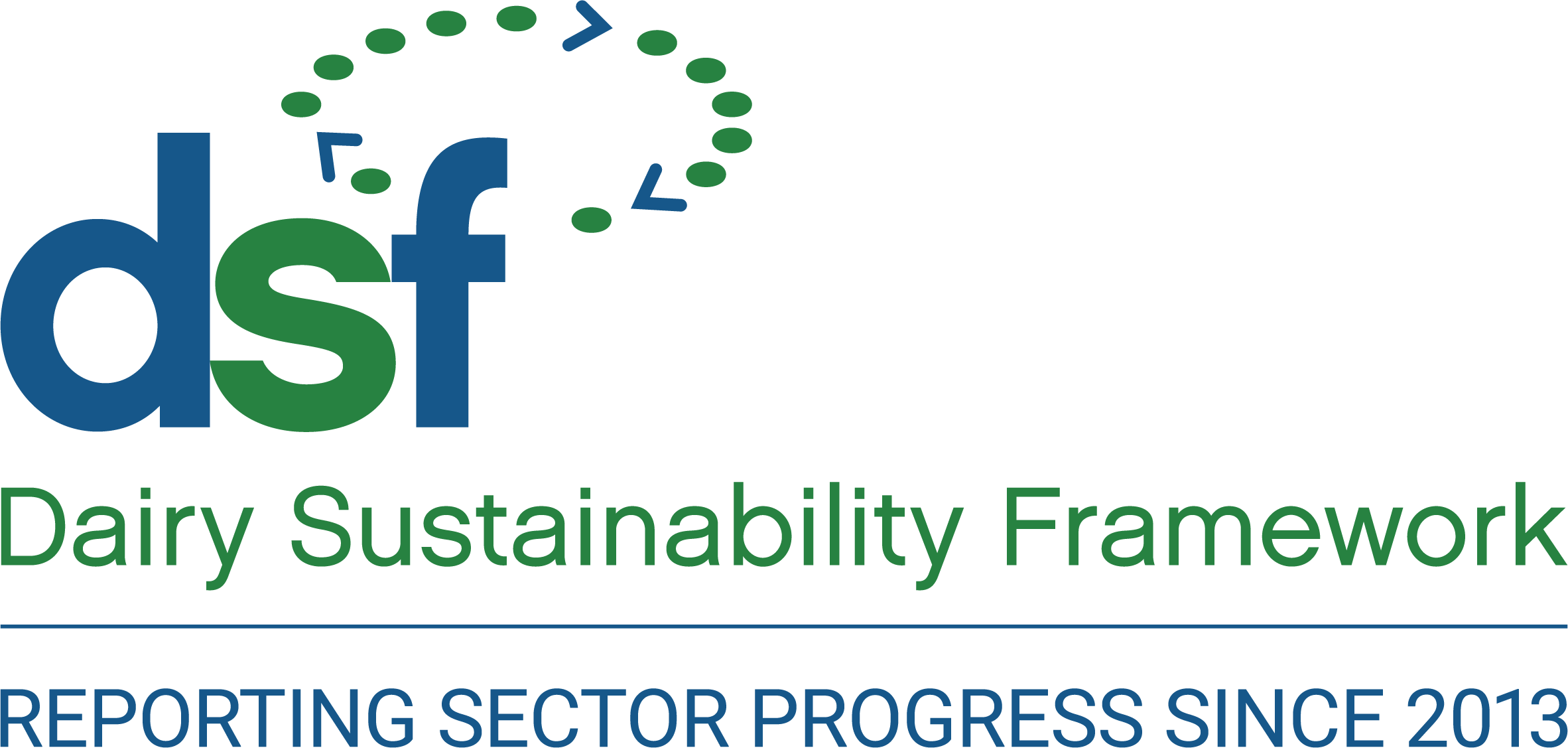February’s food for thought…
February’s food for thought…
- Birth of IVF calf ‘significant’ step for dairy industry
- Australian dairy cattle touch down in Indonesia for free school lunch program
- 'Green' ferry emits more CO2 than old diesel ship
- Taking risk out of next generation silvopastoral systems
Birth of IVF calf ‘significant’ step for dairy industry – from The Scottish Farmer. Vets working on a project to breed more environmentally friendly cows have described as “hugely significant” the birth of a calf using IVF, saying it could accelerate the dairy industry’s journey to net zero. Named Hilda, the calf is part of the Cool Cows project, which is aiming to breed cows that produce less of the greenhouse gas methane and is the first member of the Langhill herd to be born using IVF (in vitro fertilisation). Using IVF to fertilise Hilda’s mother’s eggs in a lab enabled the next generation of the Langhill Herd to arrive eight months earlier than previously possible with traditional breeding methods. With the process to be repeated, scientists said it would double the rate of “genetic gain” in the herd, thus speeding up the process of selecting and breeding more “methane-efficient” animals. Read the article
Australian dairy cattle touch down in Indonesia for free school lunch program – from ABC News. Fifty dairy heifers have been flown from Sydney to Jakarta in what is understood to be the first Australian cattle exported to Indonesia specifically for the country's free school lunch program. The new president, Prabowo Subianto, has vowed to give free lunches and milk to all school students in an ambitious program set to cost billions of dollars. Read the article
'Green' ferry emits more CO2 than old diesel ship – from BBC News. Interesting to note it’s not just agriculture coming under pressure… The carbon footprint of a long-delayed new "green" ferry will be far larger than the 31-year-old diesel ship that usually serves the route between the Scottish mainland and the island of Arran. Read the article
Taking risk out of next generation silvopastoral systems – from Scion. The article outlines a three year research programme in New Zealand that got underway in 2024 to co-develop place-based, multifunctional agricultural and forestry systems to address climate, environmental and economic pressures. Overall, the project will lead to a resilient and inclusive, intergenerationally sustainable rural land use sector in New Zealand which supports a thriving economy and society. While the benefits of trees for carbon sequestration and biodiversity are well-recognised, more could be learned about the impact on things like farm productivity, nutrient management, animal welfare, sediment run off, and benefits for farm greenhouse gas emissions. Read the article
